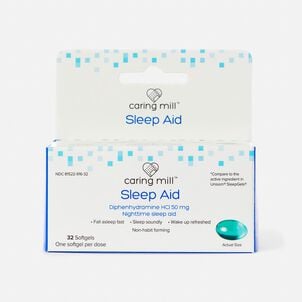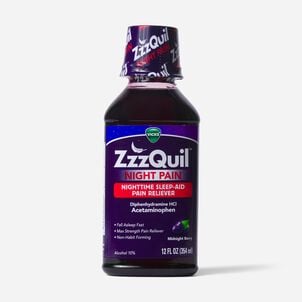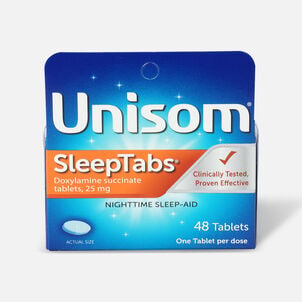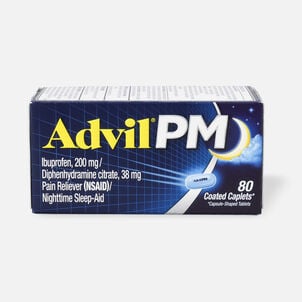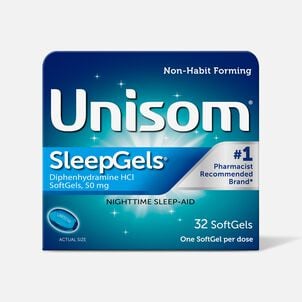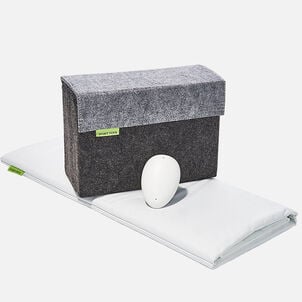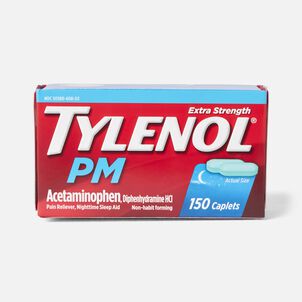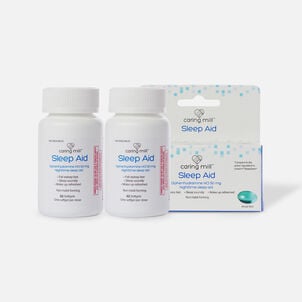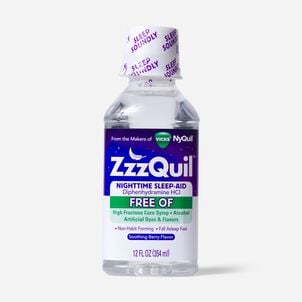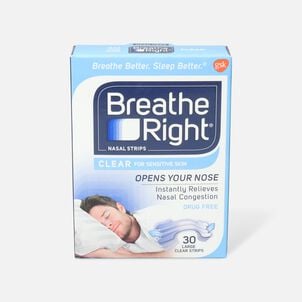The Complete HSA Eligibility List
Here it is — the most-comprehensive eligibility list available on the web. From A to Z, items and services deemed eligible for tax-free spending with your Flexible Spending Account (FSA), Health Savings Account (HSA), Health Reimbursement Arrangement (HRA) and more will be here, complete with details and requirements. Important Reminder: HSAs, FSAs, HRAs and other account types listed may not all be the same. Be sure to check with your administrator to confirm if something is eligible before making a purchase.
Here it is — the most-comprehensive eligibility list available on the web. From A to Z, items and services deemed eligible for tax-free spending with your Flexible Spending Account (FSA), Health Savings Account (HSA), Health Reimbursement Arrangement (HRA) and more will be here, complete with details and requirements. Important Reminder: FSAs, HRAs and other account types listed may not all be the same. Be sure to check with your administrator to confirm if something is eligible before making a purchase.
Sleep Aids (OTC): HSA Eligibility
Sleep Aids (OTC): eligible with a Health Savings Account (HSA)HSA Eligible Sleep Aids
What are sleep aids?
Healthy adults should aim for 7-9 hours of sleep each night, and a combination of regular exercise, sticking to a regular sleep schedule, avoiding caffeine before bedtime and managing stress can all contribute to improving the amount of sleep a person gets each night, but often this is not enough for them to attain a restful night's sleep. As a result, some adults may turn to over-the-counter (OTC) sleep aids to lengthen and improve the quality of their shuteye each night.
OTC sleep aids vary greatly from brand to brand in terms of ingredients, but they are designed to be non-habit-forming and can be a solution for the occasional restless night's sleep. The vast majority of OTC sleep aids are formulated with antihistamines, which are known to bring about a state of drowsiness and can help users fall asleep faster and achieve a more restful sleep. However, tolerance for antihistamines can be built up quickly over time, so the longer that these sleep aids are taken, the less likely they will remain effective (National Sleep Foundation).
Some of the most common OTC sleep aids include antihistamines like diphenhydramine (Benadryl, Unisom, etc.) and doxylamine succinate, as well as Melatonin supplements or valerian supplements. Additional OTC sleep aids may make use of herbal remedies and other formulations to aid the sleep cycle, but vary greatly between brands. Before exploring OTC sleep aids, most doctors recommend coming in for a checkup to speak about the patient's recent sleep difficulties, as well as providing assistance in finding the right sleep aid that will work for the patient's needs and won't interfere with his/her lifestyle or medications (National Sleep Foundation).


